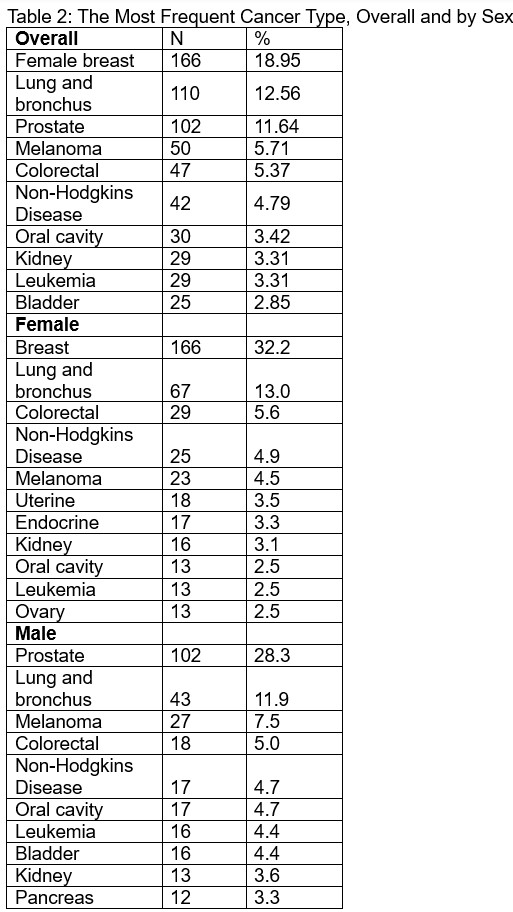Session Information
Session Type: Poster Session A
Session Time: 10:30AM-12:30PM
Background/Purpose: Cancer is highly prevalent and a leading cause of death for patients with Idiopathic Inflammatory Myopathies (IIM). Evaluating cancer type and stage at diagnosis for patients with IIM is paramount to identify and target critical factors to decrease cancer morbidity. Prior work in the US has focused on assessment of cancer risk by comparing subgroups within IIM, from clinical settings. This study seeks to use a statewide population-based approach to assess cancer incidence and stage at diagnosis in patients with IIM compared to the general population.
Methods: The Cancer Information and Population Health Resource (CIPHR) is a linked dataset of the North Carolina Central Cancer Registry (NCCR) and insurance claims that cover approximately 55% of the total population of NC from Medicaid, Medicare fee for service, Medicare advantage and private insurance plans (2003-2020). Patients with IIM were selected from administrative datasets utilizing prior validated methodologies (i.e., 1 ICD-9 [710.3-4] or -10 [M36.0, M33.0-2,9, M60.8, M60.9 if associated with J99.1, J84.9 or J84.1] associated with a hospitalization or two codes [ICD-9 (710.3-4) or -10 (M33.0-2,9, G72.4]) which are between 30 days to 365 days. Once identified in claims the IIM cohort was linked to the NCCR. This abstract is focused on description of the linked cohort.
Results: A total of 6531 patients with IIM were identified from claims, of whom 876 developed an initial cancer with a mean age of 64 years. Most patients had a first and only tumor (69%) and almost half developed cancer after the first IIM ICD code date (43%). Of patients with IIM who developed cancer, the majority were female (59%), non-Hispanic white (70%), and had an urban residence (67%). A quarter (26%) of patients with IIM had a Surveillance, Epidemiology and End Result (SEER) stage of distant, although the most frequent stage was localized (40%, Table 1). The most common type of cancer for women was breast cancer (19%) followed by lung (13%) then colorectal. The most frequent cancer for men was prostate (28%), then lung (12%) followed by melanoma (8%, Table 2).
Conclusion: A NC population-based assessment of cancer development in patients with IIM (a rare disease), is feasible and will enable the calculation of standardized incidence ratios which will identify those cancer types that are more likely to occur in patients with IIM, enabling future efforts for targeted screening.
To cite this abstract in AMA style:
Allenzara A, Albright B, Zhou X, Nelson A, Green L, Reeder-Hayes K, Lund J, Thompson C, Baggett C. Population Assessment of Cancer Incidence among Patients with Idiopathic Inflammatory Myopathies in North Carolina [abstract]. Arthritis Rheumatol. 2025; 77 (suppl 9). https://acrabstracts.org/abstract/population-assessment-of-cancer-incidence-among-patients-with-idiopathic-inflammatory-myopathies-in-north-carolina/. Accessed .« Back to ACR Convergence 2025
ACR Meeting Abstracts - https://acrabstracts.org/abstract/population-assessment-of-cancer-incidence-among-patients-with-idiopathic-inflammatory-myopathies-in-north-carolina/


.jpg)